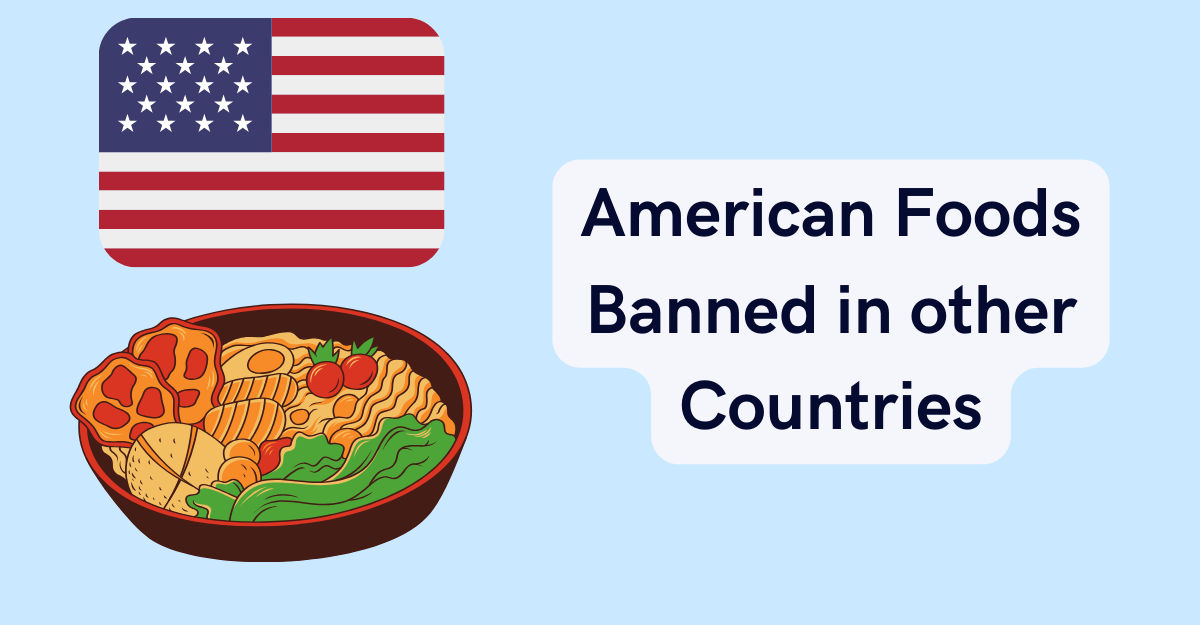
American Foods Banned in other Countries
There are many American foods that are prohibited in other countries for many reasons, including health, safety, and ethical considerations. Many European governments have prohibited the use of synthetic hormones in cattle, which are commonly detected in American beef products. This is due to the potential harmful effects on human health and animal welfare. Furthermore, certain food additives, such as artificial colors and preservatives, which are often found in American processed foods, are prohibited or banned in several nations due to concerns about their potential link to health issues such as hyperactivity in children.
Many American food products contain genetically modified organisms (GMOs), which are subject to rigorous regulations or outright bans in many countries across the world. Concerns over the environmental impact and long-term health implications of consuming GMOs have prompted these countries to impose strong limitations on importation and domestic manufacturing. As consumers globally become more aware of these challenges, they are looking for alternative food sources that fulfill greater safety and ethical requirements.
Brominated Vegetable Oil (BVO)
Used in some citrus-flavored soft drinks, but banned in Europe and Japan owing to nervous system issues.
Genetically Modified Apples and Potatoes
GMO versions of these crops are legal in the United States but prohibited in numerous European countries.
Ractopamine in Meat
A growth promoter found in some American pork and cattle, it is prohibited in the European Union, China, and Russia.
Skittles

Skittles
While not technically prohibited, certain artificial colors included in Skittles have been linked to hyperactivity in youngsters, prompting some nations to restrict or require warning labeling.
Twinkies and Little Debbie Swiss Rolls
These snack cakes include preservatives such as BHA and BHT, which are prohibited in the EU.
Pillsbury Biscuits
Some Pillsbury products may include additives such as potassium bromate, which is banned in the EU because to concerns about its carcinogenic potential.
Artificial Food Dyes

Artificial Food Dyes
Some artificial food dyes, such as Yellow 5 and Red 40, are linked to hyperactivity in children. While not prohibited, items containing these dyes are required to bear warning labels in the EU.
Chlorine-Washed Chicken
While chlorine is used to disinfect chicken in the United States, the European Union prohibits chlorinated chicken due to food safety concerns.
Rice with Arsenic
The EU has issued warnings about elevated levels of arsenic in rice products, while the FDA in the United States has established limits but not banned them.
Azodicarbonamide (ADA)
A chemical used in some bread products that has been banned in the EU due to concerns about its degradation into a potentially carcinogenic compound.
BHA and BHT
Common preservatives in processed foods in the United States, although they are banned in some European nations due to worries about their carcinogenic potential.
Growth Hormones in Beef

The EU has outlawed hormones such as rBGH (recombinant bovine growth hormone), which are used in beef production in the United States.
Arsenic in Chicken Feed

Arsenic in Chicken Feed
While not explicitly prohibited, the EU has stronger controls on arsenic levels in animal feed, including chicken feed.
Brominated flour
It is used in various baked goods in the United States, however it is forbidden in the European Union due to concerns about its potential impact on thyroid function.
Olestra (Olean)
A fat substitute found in various snack foods in the United States, but banned in the United Kingdom and Canada due to gastrointestinal adverse effects.
rBST in Dairy Products
Recombinant bovine somatotropin, a growth hormone used in dairy cows in the United States, is banned in the European Union.
Potassium bromate
Used in some bread goods, it is banned in the EU and China due to concerns about its carcinogenic potential.
Antibiotics Banned in Fish Farming
The EU has banned some antibiotics used in US fish farming due to concerns about antibiotic resistance.
Atrazine in Herbicides
Because of environmental concerns, atrazine, which is used in herbicides in the United States, is banned in the European Union.
Bisphenol A (BPA)
Although not prohibited, the EU has stronger laws regarding the use of BPA in infant bottles and other plastic products.
Pesticide Residues in Food
Some pesticides used in US agriculture have residual limits that surpass those allowed in the EU.
Brominated flame retardants (BFRs)
Found in some citrus-flavored soft drinks, these chemicals are banned in the EU and Japan due to health concerns.
Glyphosate in Herbicides
Glyphosate, a common herbicide, has more permissive residual restrictions in the United States than in the European Union.
Chlorpyrifos in pesticides
Although banned in the EU because to concerns about its impact on brain development, it is nevertheless used in the United States.
Neonicotinoid pesticides
Although banned in the EU because to worries about their impact on bees, they are nevertheless used in the United States.
Ractopamine in Pork
While used as a feed additive in the United States, it is banned in the European Union and China due to concerns about its influence on human health.
Artificial Sweeteners
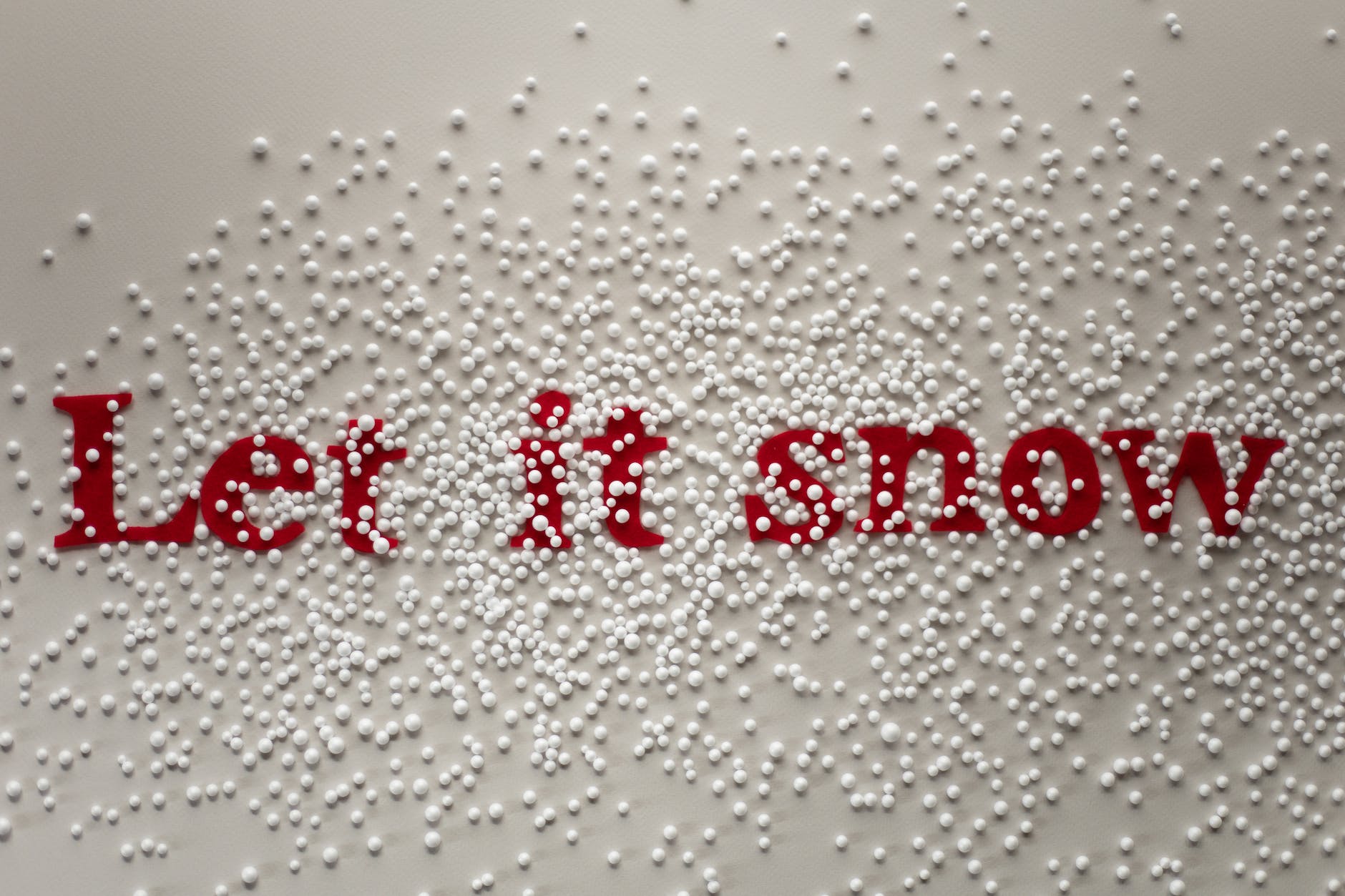
Artificial Sweeteners
Certain countries have prohibited artificial sweeteners, such as saccharin, due to safety concerns.
Butylated Hydroxyanisole (BHA) and Butylated Hydroxytoluene (BHT)
Used as preservatives in some US goods, but forbidden in the EU.
Arsenic in Chicken
While not prohibited, the FDA has set restrictions on the amount of arsenic allowed in chicken feed in the United States.
Chloramphenicol in Antibiotics
Although chloramphenicol has been banned in the EU, it is still used in some livestock antibiotics in the United States.
Ractopamine in Turkey and Beef
Although banned in the EU, China, and Russia, ractopamine is utilized as a growth enhancer in some US turkey and beef.
Recombinant Bovine Growth Hormone (rBGH) in Milk
Although banned in the EU, this growth hormone is nevertheless utilized in some dairy production in the United States.
Chlorpyrifos in Food
The EU prohibited the use of chlorpyrifos on food crops due to concerns about their effects on human health.
Bovine Insulin in Meat
Although not widely utilized, the EU prohibits the import of meat from animals treated with bovine insulin.
Perchlorate in Food
The EU has tougher limitations on perchlorate, which is found in some fertilizers and used in rocket propellants, than the United States.
Azo Food colors
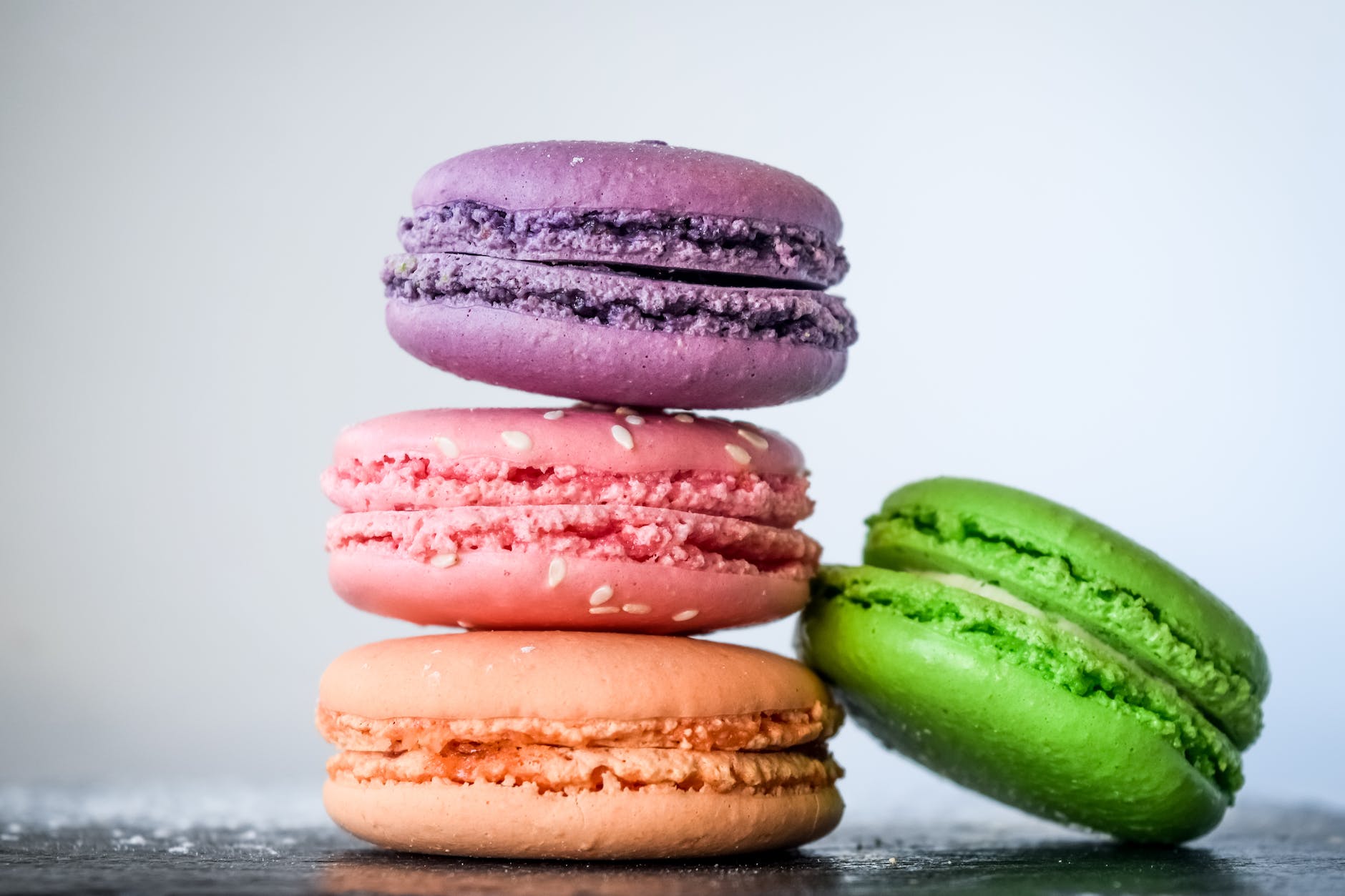
Azo Food colors
Some azo colors, such as tartrazine, have been linked to hyperactivity and are banned or labeled with warnings in some European nations.
Thiamphenicol in Food manufacturing
Although thiamphenicol is banned in the EU, it is still used in some animal food manufacturing in the United States.
Bovine Spongiform Encephalopathy (BSE) Testing
The United States has less strict BSE testing criteria than the European Union.
Hydrogenated Oils
While not illegal, some trans fats resulting from hydrogenated oils are limited in the EU and other nations.
Diacetyl in Popcorn Flavoring
Because of its association with respiratory problems, diacetyl is banned in the EU at specific doses.
Chlorine Chicken
Although not an ingredient, the EU prohibits the import of chicken treated with chlorine washes, which is prevalent in the United States.
Growth Hormones in Seafood
Some growth hormones used in US aquaculture are prohibited in the EU.
Oxytetracycline in Honey Production
Although this antibiotic is banned in the EU, it is nevertheless used in the United States.
Stilbenes in Grape Skins
While not prohibited, certain stilbenes used in grape cultivation in the United States are subject to tighter EU regulations.
rBGH in Cattle Feed
Although rBGH is banned in the EU, it is nevertheless used in cattle feed in the United States.
Antibiotics in Animal Feed for Growth Promotion
Despite being outlawed in the EU, several antibiotics are nevertheless used to promote growth in cattle in the United States.
Ethoxyquin in Pet Food
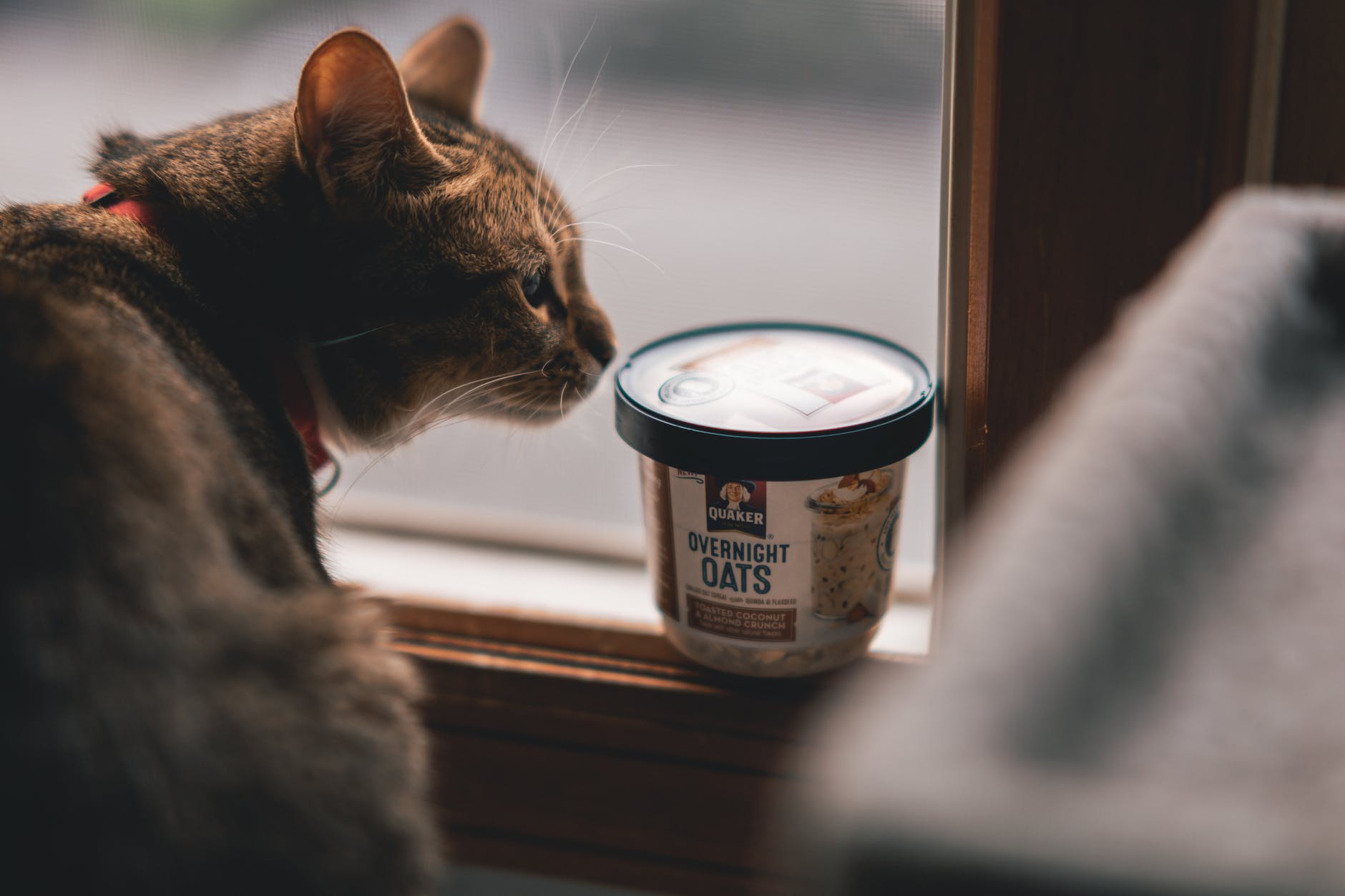
Ethoxyquin in Pet Food
Although ethoxyquin is banned in the EU, it is nevertheless used in some pet food in the United States.
Fosetyl-Al in Grapes
Although this fungicide has been banned in the EU, it is still used in grape production in the United States.
Tert-Butylhydroquinone (TBHQ)
While not illegal, TBHQ is subject to tougher regulations in the EU.
Ractopamine in Lamb
Although banned in the EU, ractopamine is utilized in some US lamb farming.
Lindane in Pesticides
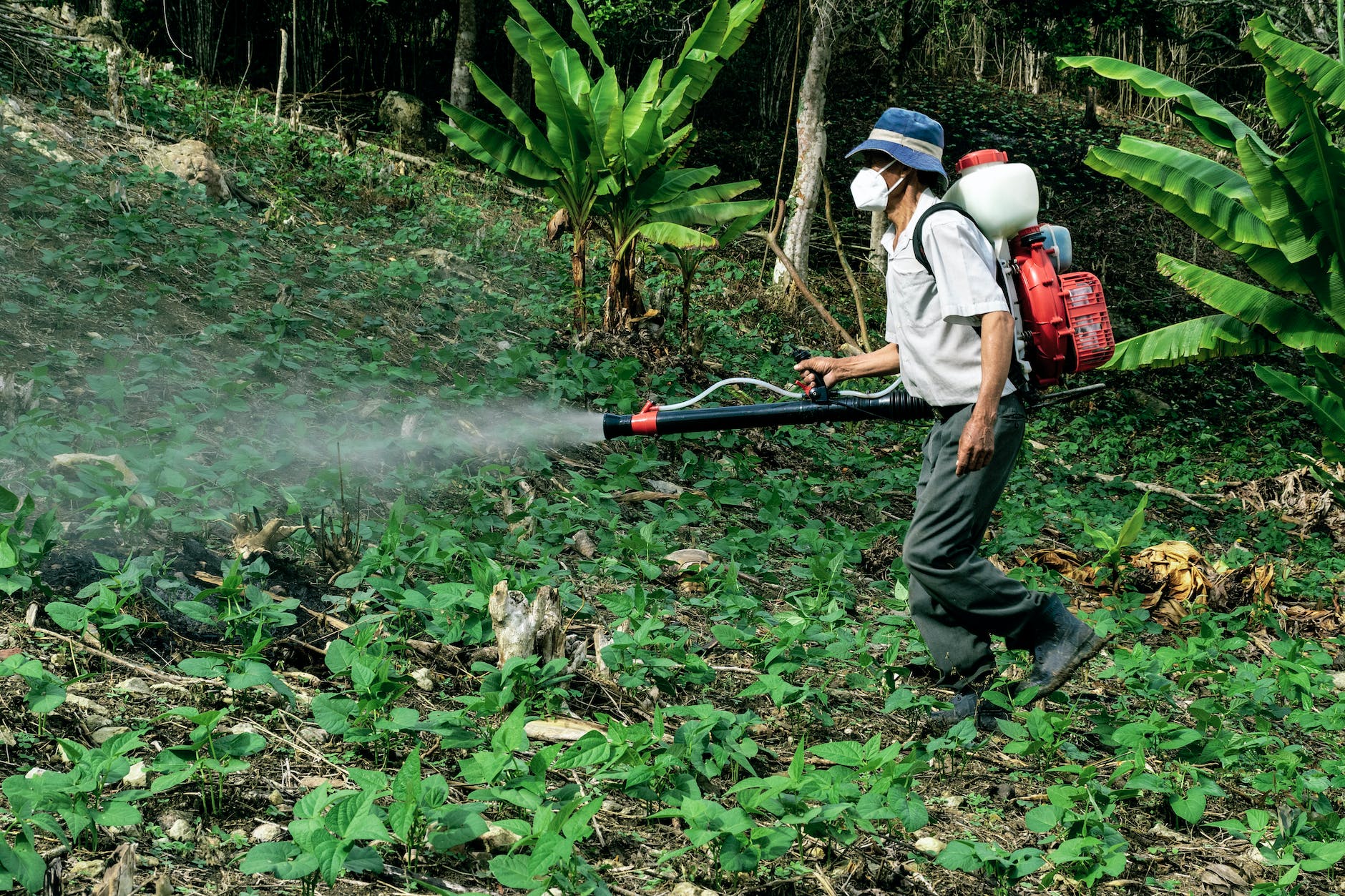
Lindane in Pesticides
Although Lindane is banned in the EU, it is still used in some pesticides in the United States.
Sodium Nitrate/Nitrite in Processed Meats
While not prohibited, the EU has tightened restrictions on these additions due to concerns about their potential health implications.
Paraquat in Herbicides
Although Paraquat is banned in the EU, it is still used in some herbicides in the United States.